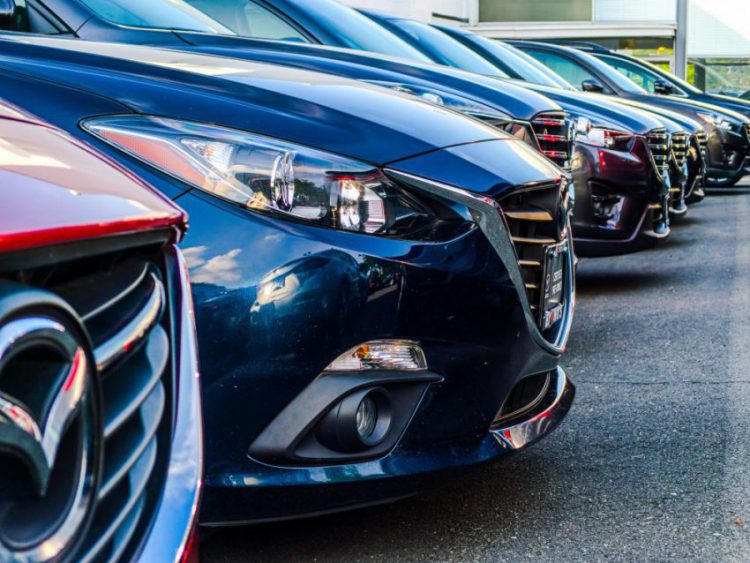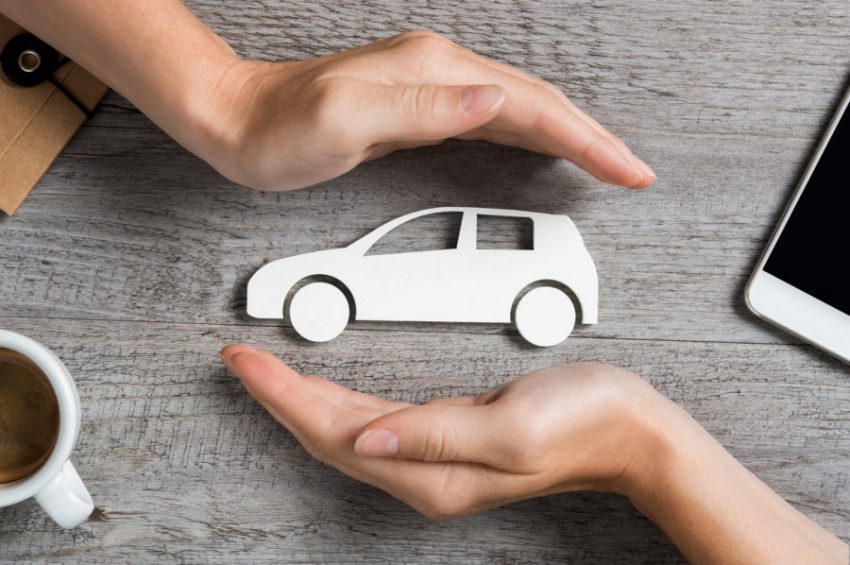
It’s well worth shopping around for a new car as there are bargains to be had (Picture © What Car)
Thinking of buying a new car? Popular wisdom dictates it’s cheaper to buy used than new. However that’s no longer always the case. New research shows that thanks to super competitive finance deals and low interest rates, some customers can save nearly £500 by choosing new over used.
Sales figures show that September 2015 was the best month ever for car sales, helped by car makers offering great deals on new models. The result, according to Whatcar.com which carried out the research, was that brand new cars were cheaper than the equivalent second-hand one-year old models in almost a third (29 per cent) of cases.
Researchers took the cost of deposits, monthly finance or loan payments, road tax, servicing and depreciation into account. With the Kia Picanto SR7 three door, they found that a brand new car would save customers £665 over two years, compared to the year-old equivalent. While the new car would cost £3719 to run for 24 months, the used model would be nearly £4400.
Philip Nothard, consumer specialist for car valuation service CAP Automotive said: “Generally speaking, if a car holds its value well, you’d be better off buying it new. At the moment it really is a new car market.” Jim Holder from WhatCar.com added: “Consumers shouldn’t always assume a used car will automatically offer them the best value for money. Favourable interest rates combined with inviting manufacturer incentives mean it’s a great time to bag a brand new bargain.”
The Nissan Micra Acenta reinforces this. Buy it new and it will cost you £5020 over the first two years of its life. Buy a year-old model and it will cost £403 more. Even when new cars are more expensive, it’s not by that much. A brand new Jaguar XF saloon 3.0d will only cost £13.50 a month more over 37 months than a year-old version. And over three years, the new Lexus NX300h Luxury will only be £8.20 a month pricier than its used equivalent.
The figures were calculated assuming the cars were being bought on Hire Purchase or using Personal Contract Purchase (PCP) deals. These are when drivers use a deposit to buy the car. Monthly payments are then set according to an agreed mileage and the car’s agreed value at the end of a certain period, usually three years. When the deal is up, drivers have the choice of handing over what’s known as a balloon payment to own the car, giving the car back and walking away, or putting any equity they might have in the car towards a new deal.
As PCPs are manufacturer backed, they frequently have very attractive annual percentage rates (APR) to help boost sales of certain models. According to What Car.com in November 2015, on average, a PCP will save customers £459 compared to a bank loan over the lifetime of the deal. But it’s still important to check. PCPs don’t always give the best deal. A driver who bought a year-old Renault Twingo Play would save £1327 over 37 months using a bank loan, in comparison to a PCP on a new model.
Read how else to grab a new car bargain




